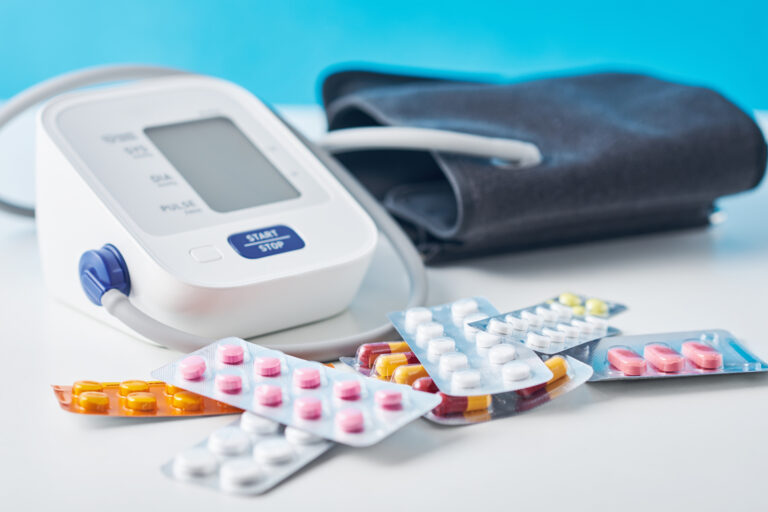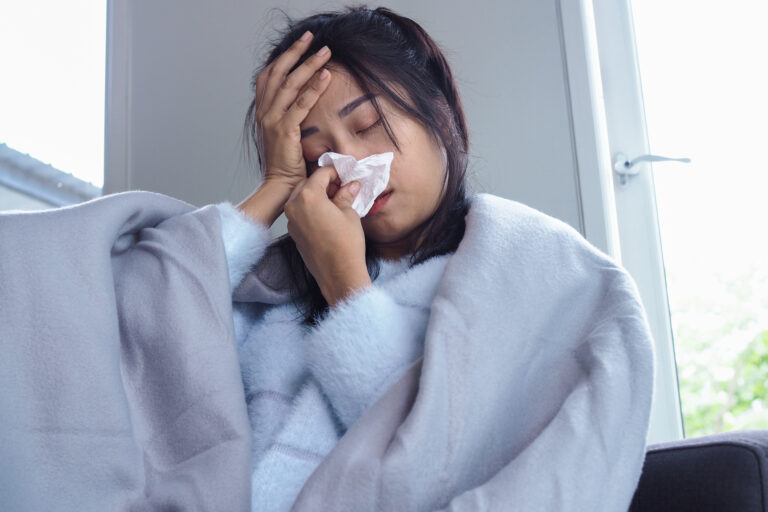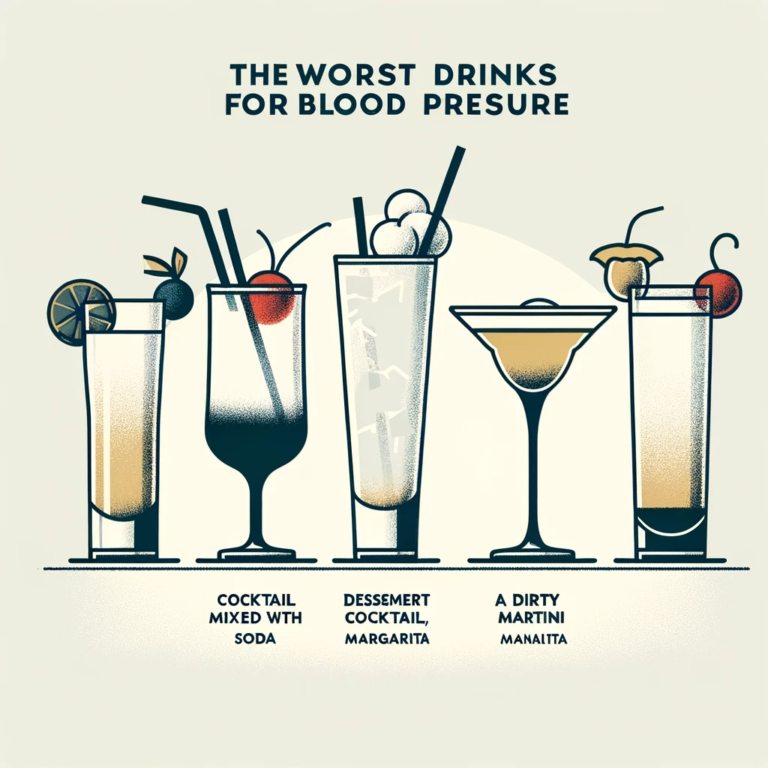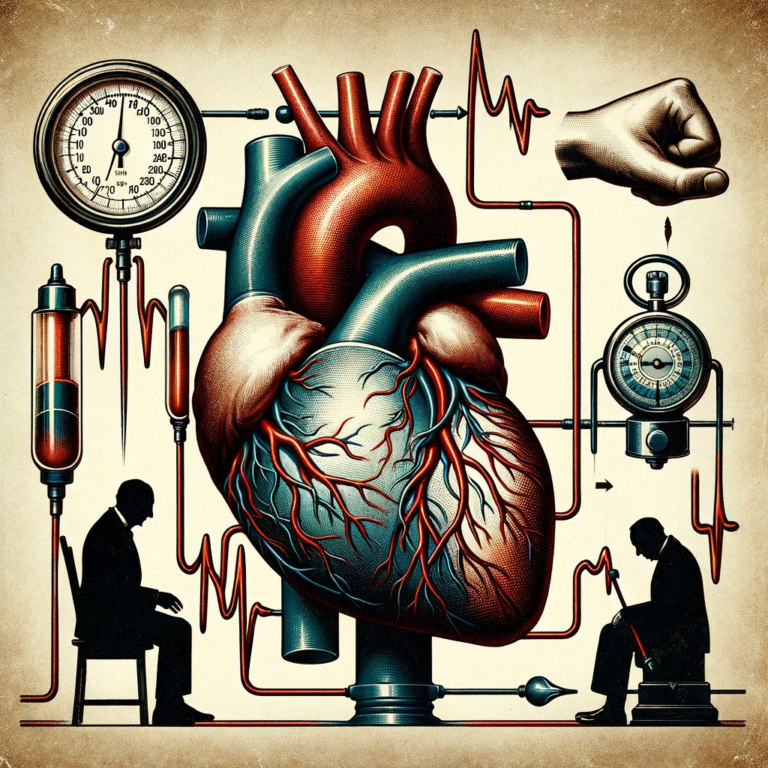We hear abut urgent hypertensive cases. In many cases, low blood pressure readings are not a cause for concern. A person with low blood pressure may not even be aware that their blood pressure is low, as it does not cause symptoms in many cases. Then, what is low blood pressure emergency?
There is also no specific cutoff point at which blood pressure becomes too low or dangerously low, as it may vary from person to person. The National Heart, Lung, and Blood Institute (NHLBI) considers Blood pressure under 90/60 mm Hg to be low.
Chronic low blood pressure can occur in otherwise healthy people. Doctors consider chronic low blood pressure to be dangerous only it has causes symptoms, according to the American Heart Association (AHA). A sudden onset of severe symptoms is also cause for concern.
Low blood pressure symptoms
People may experience different symptoms, but they typically include:
- Feeling dizzy or lightheaded
- Inability to concentrate
- Experiencing faintness
- The feeling of nausea
- A feeling of exhaustion
- Deficiency of water (dehydration)
- Blurry vision
- Skin that is pale and clammy
- Breathing that is rapid and shallow
- Depressive disorders
The following symptoms should be reported to a doctor if they are experienced.
It can also be a medical emergency when blood pressure drops rapidly or very low. Low blood pressure may put the body’s organs at risk of not getting enough blood, causing shock, according to the National Heart, Lung, and Blood Institute (NHLBI).
Here are some signs to watch out for when you have very low blood pressure:
- Breathing that is rapid and shallow
- Pulse that is weak but rapid
- Skin feels cold and clammy
- Unconsciousness
- Skin has a blue hue
Seek emergency medical attention if you experience any of these symptoms.
Low blood pressure can also be caused by underlying health conditions. Among them are:
- Pregnancy
- Blood loss
- Dehydration
- Deficiencies in nutrients
- Bleeding internally
- Some medications
- Having a heart condition
- Disorders of the endocrine system
- Diabetic complications
- Infections such as septic shock or bloodstream infections
- Anaphylactic reactions caused by allergies
Low blood pressure can also be caused by lying down for long periods of time.
If you have any of these conditions and experience low blood pressure, you should visit your doctor regularly to monitor your health issue.
As mentioned above, blood pressure under 90/60 mm Hg is considered low by the NHLBI. Some people may not experience symptoms even at these levels. It may only be necessary to treat low blood pressure if symptoms develop, which indicate that the body is being affected by low blood pressure.
Low blood pressure emergency: how to prevent it
There are usually no symptoms associated with low blood pressure until it becomes too low and begins causing problems. Preventing these numbers from dropping too low is possible by managing any factors that influence blood pressure.
High blood pressure medications, for example, should be monitored closely to ensure that the dosage does not drop too low.
Symptoms of low blood pressure must be reported to a doctor if they start dropping below normal. If the doctor suspects that a medication is interfering with another medication, he may adjust it or take a look at any other medication the person is taking.
It may also be possible to prevent low blood pressure by managing other individual risk factors.
Lifestyle changes
Low blood pressure does not always require treatment, according to the NHLBI. A few simple lifestyle changes and treatments may suffice, such as:
- Fluid intake should be increased
- Sitting or standing differently
- Changing your diet
- Wear compression stockings
Following doctor’s orders
Some medications may also need to be adjusted by doctors if they lead to dangerously low blood pressure, such as medications for high blood pressure. It is the doctor’s responsibility to explain any and all treatments to the patient, and the exact recommendation may vary from case to case.
Low blood pressure should be treated as soon as possible if accompanied by symptoms such as loss of consciousness, mental confusion, and a weak, rapid pulse and breathing pattern. Patients are often asked questions about their medical history, medication use, and any illnesses or accidents they have experienced in the emergency room. In this way, low blood pressure emergency is resolved.
Symptoms may be discussed or checked. As well as checking the heart rate and blood pressure, they may administer imaging tests to check the internal body and organs.
The symptoms of low blood pressure should be sought out by a doctor, even if they are mild rather than severe. To diagnose and administer treatment, doctors may monitor symptoms and test blood pressure themselves.







